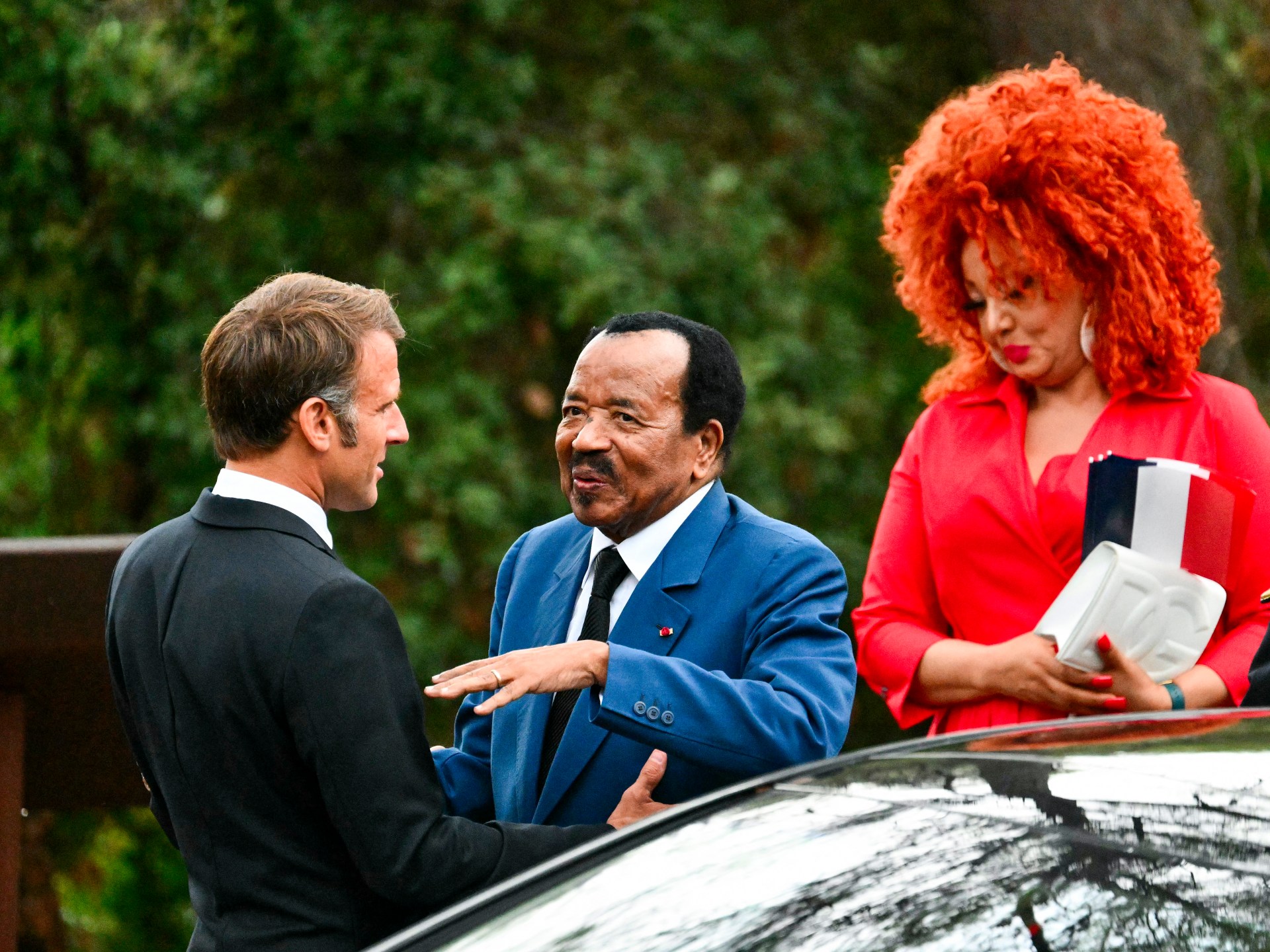Cameroon bans media from talking about President Biya’s health

President Paul Biya, 91, has been unspotted in public since early September, and Cameroon has banned media from discussing his health.
The ban was placed in place by Interior Minister Paul Atanga Nji this week, who wrote in a letter dated October 9 that “debate in the media” on the president’s health was “strictly prohibited” and demanded that “monitoring cells” be established to track online content.
The letter, which was addressed to regional governors and bore the phrase “highly urgent,” stated that any discussions about the nonagenarian president’s health were “a matter of national security,” and warned that anyone who violated the law would “face the full force of the law.”
Biya was last seen in public at Beijing’s China-Africa summit a month ago. Since then, he hasn’t attended events where he was anticipated, such as the Parisian summit of French-speaking nations or the UN General Assembly in New York.
Government spokesperson Rene Sadi , addressed the speculation over the president’s health on Tuesday, claiming that Biya had paid a private visit to Europe after Beijing.
“Rumours of all kinds have been circulating through the conventional media and social networks about the president’s condition”, he said in a statement.
The government declares these rumors to be pure fantasy, and formally denies them.
In the coming days, Sadi insisted that Biya was “in good health” and would be coming back to Cameroon.
The ban was criticised as an act of state censorship.
“The president is elected by Cameroonians and it’s just normal that they worry about his whereabouts”, said Hycenth Chia, a Yaounde-based journalist and talk show host on privately owned television Canal 2 International.
“We see liberal discussions on the health of]US President] Joe Biden and other world leaders, but here it is a taboo”, he told the Reuters news agency.
The Committee to Protect Journalists (CPJ) said it was gravely concerned.
“Trying to hide behind national security on such a major issue of national importance is outrageous”, said Angela Quintal, head of the CPJ’s Africa programme.
Cameroon’s media regulator, the National Communication Council, could not immediately be reached for comment.
Despite the absence of a clear succession plan, experts predict that West and Central Africa, which have experienced eight coups since 2020 and numerous other military coups, will experience more political unrest as a result.
Source: Aljazeera
Leave a Reply